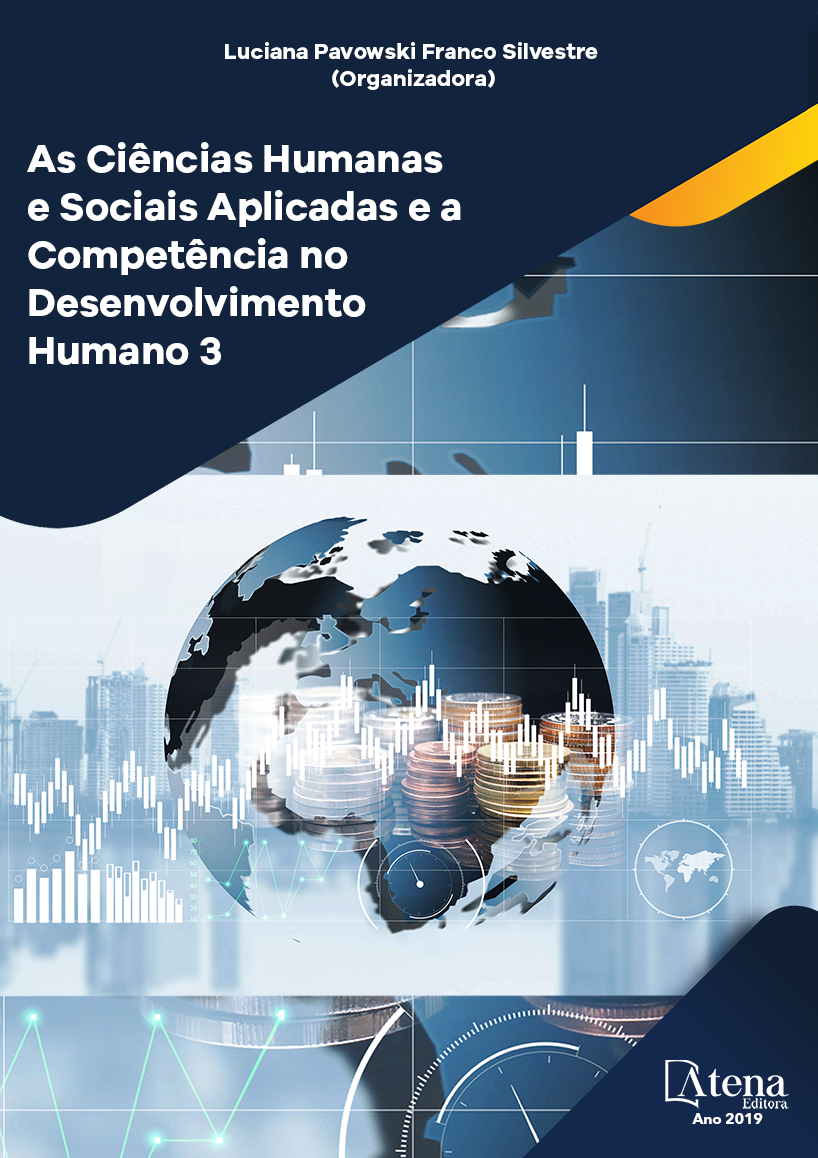
URBANIZAÇÃO DE ASSENTAMENTOS PRECÁRIOS E (IN) SUSTENTABILIDADE URBANA: CONTRADIÇÕES NA PRODUÇÃO DO ESPAÇO NA REGIÃO METROPOLITANA DE BELÉM (PA)
Este artigo analisa a relação entre
remanejamento de populações em risco
socioambiental e sustentabilidade urbana a
partir de duas intervenções para Urbanização
de Assentamentos Precários produtos do
Programa de Aceleração do Crescimento
(PAC) em Ananindeua e Belém: Conjunto
Jader Barbalho e Residencial Ivy Portella. Para
tanto, utilizou-se pesquisa qualitativa baseada
no materialismo histórico-dialético, apoiada no
método regressivo-progressivo para análise
do espaço produzido, buscando correlacionar
reprodução da existência material e o
cotidiano das famílias habitantes ao processo
de remanejamento que os conduziu às
intervenções. As técnicas utilizadas no estudo
foram revisão bibliográfica, análise documental e
entrevistas semiestruturadas com beneficiários
das intervenções estudadas. O estudo
compreende o processo de remanejamento
e reassentamento de populações em risco
socioambiental como situação-limite na
perspectiva da sustentabilidade urbana, vista
aqui como confluência entre aspectos ambientais
e sociais fundamentais para a produção do
espaço social. Os projetos habitacionais
executados e, aqui analisados (Conjunto Jader
Barbalho e Residencial Ivy Portella), podem ser
vistos como espaços abstratos que desde sua
formulação negaram as vivências da população
atendida, devido entre outros fatores, à
tipologia das moradias, negligência com
acessibilidade, ausência de espaços de lazer,
trabalho e consumo, permanência de riscos,
o que os contrapõe a espaços plenamente
sociais e os distancia de uma perspectiva de
direito à cidade, sendo interpretados ainda
como espaços insustentáveis do ponto de vista
socioambiental, embora no discurso utilizado
para sua estruturação, neles seja demarcado
claramente um movimento pró-sustentabilidade.
URBANIZAÇÃO DE ASSENTAMENTOS PRECÁRIOS E (IN) SUSTENTABILIDADE URBANA: CONTRADIÇÕES NA PRODUÇÃO DO ESPAÇO NA REGIÃO METROPOLITANA DE BELÉM (PA)
-
DOI: 10.22533/at.ed.17419060718
-
Palavras-chave: PAC, remanejamento, reassentamento e sustentabilidade urbana.
-
Keywords: PAC, relocation, resettlement and urban sustainability.
-
Abstract:
This study analyzes the relationship between relocation of populations
at socioenvironmental risk and urban sustainability based on two interventions for
the Urbanization of Slums in products of the Growth Acceleration Program (PAC) in
Ananindeua and Belém: Conjunto Jader Barbalho and Residencial Ivy Portella. For
this, we used qualitative research based on historical-dialectical materialism, supported
by the regressive-progressive method to analyze the space produced, seeking to
correlate the reproduction of material existence and the daily life of the resident families
to the process of relocation that led to the interventions. The techniques used in the
study were bibliographic review, documentary analysis and semi-structured interviews
with beneficiaries of the interventions studied. The study includes the process of
relocation and resettlement of populations at social and environmental risk as a limiting
situation in the perspective of urban sustainability, seen here as a confluence between
environmental and social aspects fundamental to the production of social space. The
housing projects executed and analyzed here (Housing Jader Barbalho and Housing
Ivy Portella) can be seen as abstract spaces that since their formulation have denied
the experiences of the population served, due, among other factors, to the typology of
housing, neglect with accessibility, absence of spaces of leisure, work and consumption,
permanence of risks, which opposes them to fully social spaces and distance them
from a perspective of right to the city, being interpreted as still unsustainable spaces
from the socio-environmental point of view, although in the discourse used for their
clearly marked by a pro-sustainability movement.
-
Número de páginas: 15
- Valéria Maria Pereira Alves Picanço
- Marlon D'Oliveira Castro


